Careers for M.S. Aging & Health Students
Graduates of this program will be well-positioned in a broad range of aging-related fields, not limited to healthcare-related fields, including administration, research, consulting, training and advocacy. All students in the M.S. in Aging & Health Program are required to successfully complete an Internship/Capstone Project. The internship/capstone is a natural step to future job placement.
The Bureau of Labor Statistics (BLS) predicts that the healthcare industry as a whole will see a significant increase in demand for medical services, especially as the baby boomer population ages, average life span increases, and people remain active later in life. Employment for health care workers, and in elder care management, will see faster-than-average growth. Medical and health service managers are a professional group that works with older patients and specialize in elder care. These workers may manage an entire senior living community, a medical practice for a group of physicians, or specialize in a specific clinical area or department.1
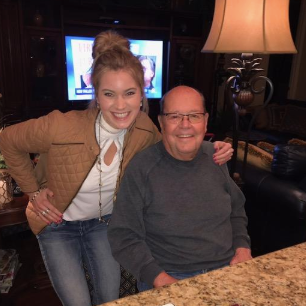
Abigail Bailey (AGHL ’20)
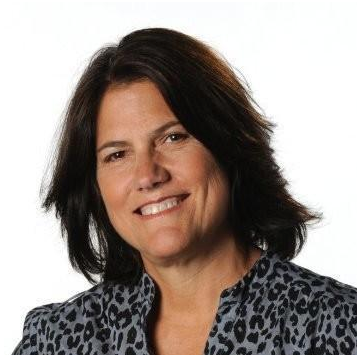
Ann Oldenburg (AGHL ’20)
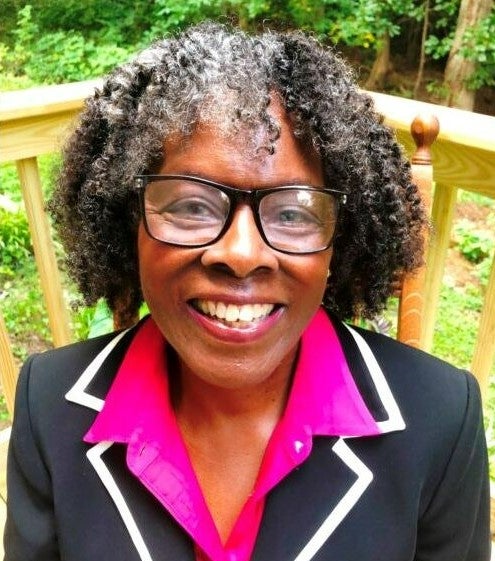
Lelia Reed (AGHL ’22)
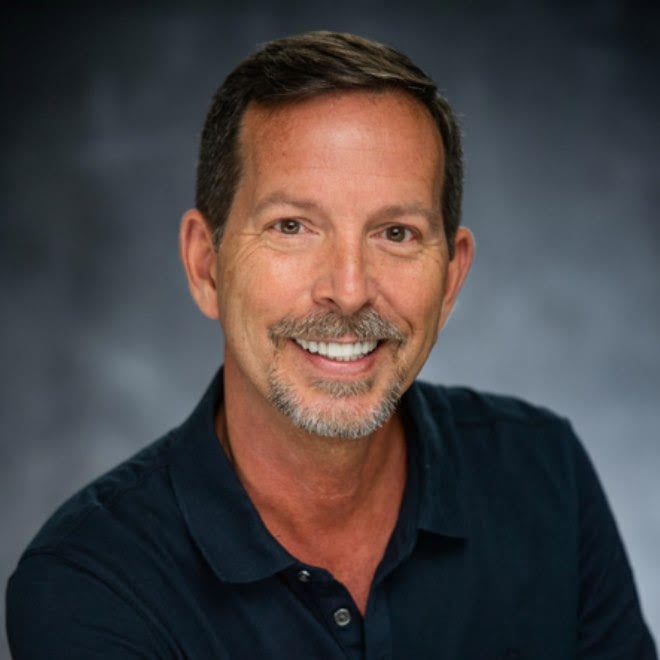
Scott Foster (AGHL ’21)
Students have interned with the following organizations:
- AARP, Caregiving and Health Team
- AARP, Kentucky Chapter
- Age Friendly DC
- Alzheimer’s Association – National Chapter
- The Arc of Virginia
- Assistant Secretary for Planning and Evaluation – Office of Health Policy and Office of Behavioral Health, Disability, and Aging Policy
- Birmingham Green
- Coalition to Transform Advanced Care (C-TAC)
You can find a full list of our internship partners on this pdf.
Graduates have gone on to the following careers:
- Senior Assistant, Singapore Ministry of Aging
- Community Outreach Officer, Age-Friendly DC
- Freelance Journalist, Washington Post and Next Avenue
- Senior Program Associate, USAging
- Executive Director of Research, Delta Dental Institute
- Nursing Assistant, Sino Ocean Senior Living Community
- Community Liaison Director/Business Development Director, The Ensign Group, Inc.
- Associate Administrator, LCS Life Plan Communities
- Administrator in Training, Goodwin House
Another great resource is the American Psychological Association (APA)’s page on Exploring Careers in Aging.
Graduates of this program may explore a variety of employment options, including the following roles:
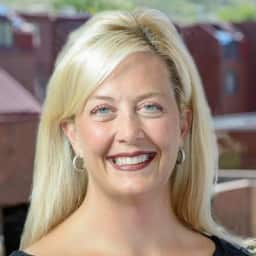
“Americans are living longer than ever before thanks to medical and technological advances, and 80% have expressed a desire to age in place. However, there’s a dearth of affordable living options to support this soaring aging population, many of which are cost burdened. Long-term homesharing is gaining steam as a viable option because it enables aging adults to leverage their homes as assets, avoid social isolation and remain in their communities. It also benefits cities that are facing a housing crunch by opening up more affordable rental inventory to the market. The sharing economy and homesharing as a retirement solution to enable adults to age in place, maintain social connections and live independently, will be an increasingly important area of focus for graduate students in the next decade.”
– Wendi Burkhardt, CEO, Silvernest Inc.
